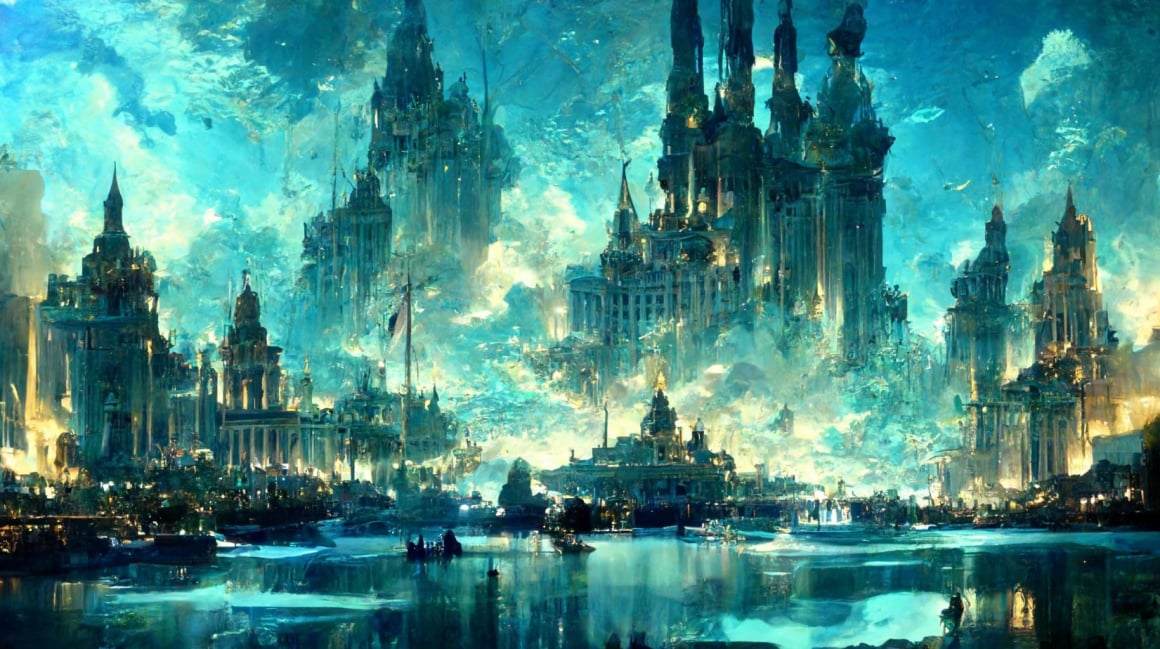
Unlocking the Symbolism in Modern Fantasy Novels
Modern fantasy has evolved far beyond simple tales of good versus evil set in imaginary worlds. Today's authors use the genre's boundless potential to craft intricate allegories for our most pressing real-world issues. By weaving symbolism into the very fabric of their magical systems and creatures, they invite readers to engage in a deeper, more reflective form of reading that challenges perceptions and sparks meaningful conversation.
The fantasy genre provides a unique lens through which to examine complex social structures. Fictional hierarchies of elves, dwarves, or invented societies often mirror historical and contemporary class struggles, racial discrimination, and political corruption. This metaphorical distance allows authors to explore these sensitive topics with a new perspective, encouraging readers to think critically about power dynamics without the immediate biases associated with real-world examples.
A prevalent theme is the use of magic as a symbol for technology, natural resources, or personal power. The control over a magical source can represent the exploitation of the environment, leading to catastrophic consequences, much like the climate crisis. Conversely, magic accessible to all can symbolize democratization of power or the pursuit of knowledge, reflecting debates about education and information freedom.
Fantastical creatures are rarely just monsters; they are powerful symbolic vessels. A misunderstood species feared by the populace can embody the plight of marginalized communities, immigrants, or the "Other." Their struggle for acceptance forces both characters and readers to question prejudice, fear of the unknown, and the very definition of humanity.
The protagonist's journey in modern fantasy is frequently an internal one masked by an external quest. The magical artifact they seek is not merely a weapon but a symbol of enlightenment, responsibility, or reconciliation. The physical battles they fight are paralleled by psychological struggles with trauma, identity, and moral ambiguity, making their victories and defeats profoundly personal and universally relatable.
Settings themselves are laden with symbolic meaning. A crumbling, once-great empire can symbolize the decline of a particular ideology or the inevitable decay of unchecked power. A mysterious, enchanted forest might represent the unconscious mind, a place of primal instincts, forgotten truths, and transformative self-discovery that the hero must navigate to grow.
By engaging with these layers of symbolism, reading becomes an active and participatory experience. It transforms the act from passive entertainment into a dialogue between the author and the reader. Unlocking these hidden meanings not only enriches the narrative but also provides a safer space to process and discuss the complex realities of our own world, proving that fantasy is one of the most relevant and potent genres in modern literature.